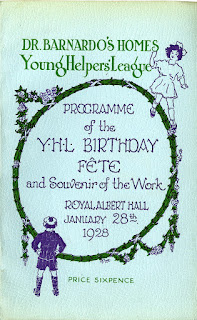When I finally found my grandmother’s birth record, the address at which she was born was stated as 129 St Johns Road, Islington, in the County of London. This public record was at odds with her Australian marriage record, which said she was from Isle of Ely, Cambridgeshire. A search on the Islington address surprisingly showed that it was a workhouse. Birth certificates were routinely filled out with a non-descript address, so as not to draw attention to the status of the mother. A relic of Victorian times, the workhouse was not only the destination for the destitute; it was the destination for unmarried mothers. Before 6 September 1913, my grandmother’s birthdate, there was no record of a marriage for Louisa Gutteridge. However, there were other birth certificates. Louisa had two older children, both boys. The younger boy, Arthur, had also been born in a workhouse. So, when Louisa found herself once again in the family way, she knew what to expect. And she knew what was exp

